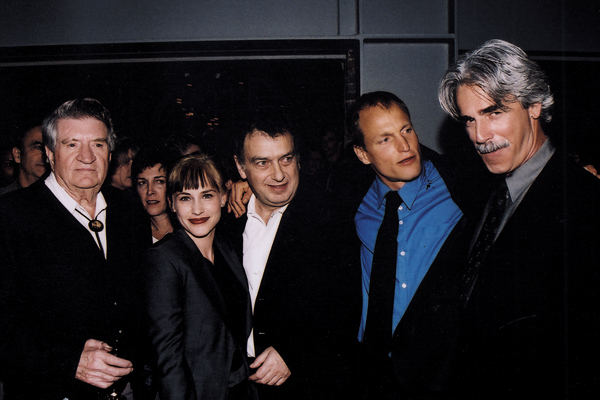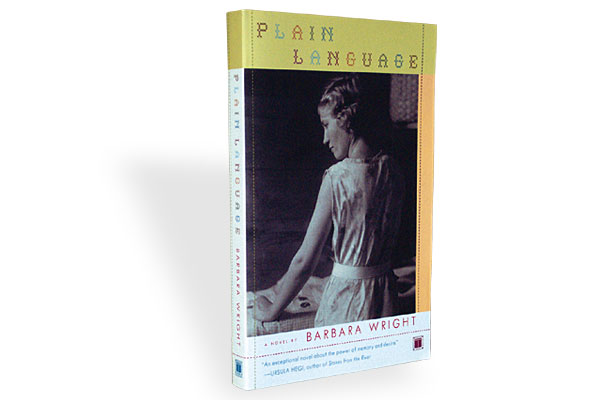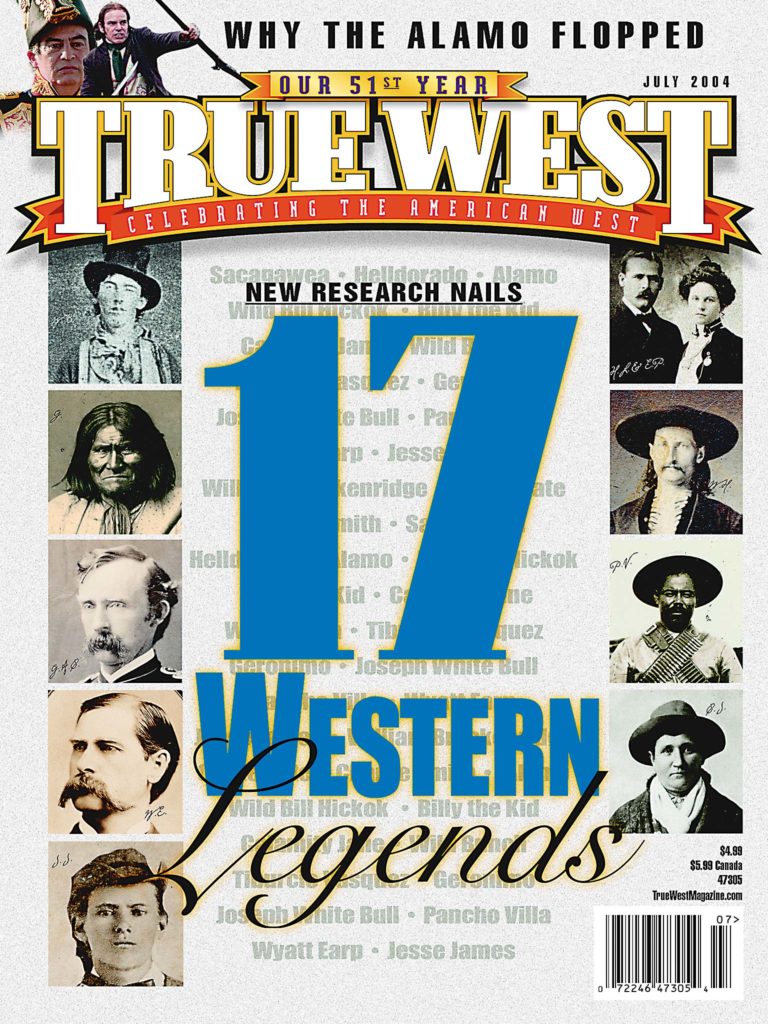 Larry Jay Martin did a lot of living before settling down and getting serious about his writing career.
Larry Jay Martin did a lot of living before settling down and getting serious about his writing career.
“I’ve been plane wrecked, car wrecked, boat wrecked, horse and mule wrecked a dozen times or more, and damn near wrecked by everything but a train,” he says.
His parents were Oklahomans who moved to California’s Central Valley during the Grapes of Wrath era. “My mom worked in a drugstore and my father worked in the sheds and later became successful in the post-war car biz, until he found he loved John Barleycorn more than his family,” Martin recalls. Martin’s parents divorced when he was seven.
Out of high school, he took a job wrangling horses and packing mules in the Sierra Nevada Mountains. Once his chaps lost their shine, he went after a college education—majoring in architecture. He paid his way as a cook, bartender in an Irish pub, graphic artist and draftsman. In his junior year, the jingle of coin lured him away from school. Over the next few years, he managed a water company and became a real estate broker specializing in ranches and land all over the West. Actor Jack Palance was one of his clients.
Martin was 25 and married with children when he sat down to write his first novel, a thriller. “It was about a group of avengers—young and idealistic. I quit after four chapters because I didn’t have anything else to say.” Twelve years later, while living on a 50-foot ketch, he made a second attempt, this one a historical novel, which he finished but couldn’t sell.
It wasn’t until 1986 when he sold his first book—Tenkiller, a Western. “They say to write what you know,” Martin explains. “I spent a lot of time with wranglers, farmers and ranchers—a lot of time with people of the land. I knew the language.”
Martin prides himself on not only speaking and understanding the language but also on writing books that are historically accurate. He often finds himself frustrated with the publishing business, saying “I once wrote an opening line—a shot rang out and the mule hump-backed away—and I had to go through a major explanation to the people in New York who wanted to change it to ‘backed’ away. We are burdened in this business with those few editors who edit Westerns who haven’t been west of the East River! People who don’t understand what you’re writing can destroy your manuscript.”
While proud that one of his books, The Benicia Belle, was a runner-up in 1992 for the Western Writers of America’s Spur award, Martin says he doesn’t enter writing competitions. He’s too busy writing.
For a man who once had little to say, Martin finally found his voice—a very fresh, Western voice, the critics say. This past spring, books number 15 and 16 were released: Wolf Mountain, set in Montana (Martin’s home), about the McQuade family’s cattle drive down the Yellowstone to the Tongue River, where Col. Nelson Miles and the Fifth Infantry have located their cantonment; and Crimson Hit, a contemporary crime novel that Martin wrote with Bob Burton, the nation’s foremost bounty hunter.
So, what’s next for Martin? Another Western, McKeag’s Mountain, will be released in August and he’ll embark on a new side career as a photographer. Oh, and, he’ll be taking a trip to New York City to visit his editors. You can bet he’ll be wearing his Stetson and cowboy boots.
Chelley Kitzmiller is a Western historical romance novelist and photographer who has known Martin since before he published his first book.





